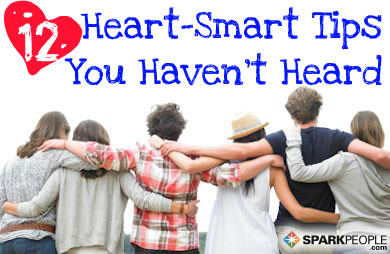|
Ronald Reagan, Charlton Heston, Rita Hayworth, and Mary Ellen Westerman are all people that had one thing in common. The first three names are people that were important to the world in one way or another but the last was someone that was important to me. Mary Ellen Westerman was my grandmother and although she was physically healthy when she turned eighty, like millions of other people she battled a degenerative disease of the brain. This degenerative brain disease is known as Alzheimer's and it causes a gradual loss of memory, judgment, and ultimately the total ability to function. As was the case with my grandmother, dementia typically appears in older people as subtle forgetfulness that worsens and limits their ability to function normally in many aspects of daily life. Familiar settings become confusing, memories focus on places and experiences from many years before, and routine tasks turn into a challenge. The decline of my grandmother stood in stark contrast to my then newborn son. As he was learning to walk, talk, and feed himself, she was losing her ability to do the same. Eventually like most others, she required total care during her advanced stages of the disease before losing the battle due to general body wasting. It is estimated that about 5.3 million people in the United States have Alzheimer's disease. Unfortunately for my family, not only does the risk of contracting the disease go up as we get older, it is also higher if a family member has had the disease. Since my husband also lost his grandmother to the same disease, I suppose the race is on to see which of us forgets the other first. I previously told you about a participation opportunity for the VITAL study, a research study designed to see if taking omega 3 fatty acids or vitamin D supplements could reduce the development of cancer, heart disease and strokes in healthy people. Now there is another opportunity I wanted to bring to your attention. In October of 2004, the Alzheimer's Disease Neuroimaging Initiative (ADNI) started as a public-private partnership study to collect and evaluate specific disease indicators like genetic profiles and blood biomarkers. As the collection got underway, the original goal quickly shifted to using biomarkers for disease identification at the early pre-dementia stage. Now the National Institute on Aging in cooperation with the National Institutes of Health is seeking to build on the initial information of the ADNI. Researchers are looking for older people with early complaints of memory problems to volunteer for a clinical study to examine subtle brain changes. The Alzheimer's Disease Neuroimaging Initiative Grand Opportunity (ADNI-GO) is a two-year study that is looking for 200 volunteers between the ages of 55 and 90 that may be experiencing mild cognitive changes that could progress to Alzheimer's disease. This expanding study will not only continue to follow the previous 500 people from the original ADNI study but will enroll new volunteer participants through 51 sites across the United States as well as five study sites in Canada. Dr. Maya Angelou is an eminent poet, author, educator, historian, and professor at Wake Forest University. She is working with researchers to move toward finding a cure for Alzheimer's with this public service announcement to encourage people to volunteer for the ADNI GO brain imaging study. If you, a friend, or a family member experiences early signs of memory loss, consider participating in this groundbreaking study. You can either call one of the study center contact numbers or the Alzheimer's Disease Education and Referral Center at 1-800-438-4380 for more study information. I hope this study will reveal helpful information in the future that may relieve my children of the heartbreak of watching one of their parents forget those they love. Has someone you love been touched by Alzheimer's disease? What was the hardest part of the disease process for you? |
Popular EntriesMore From SparkPeople
|















